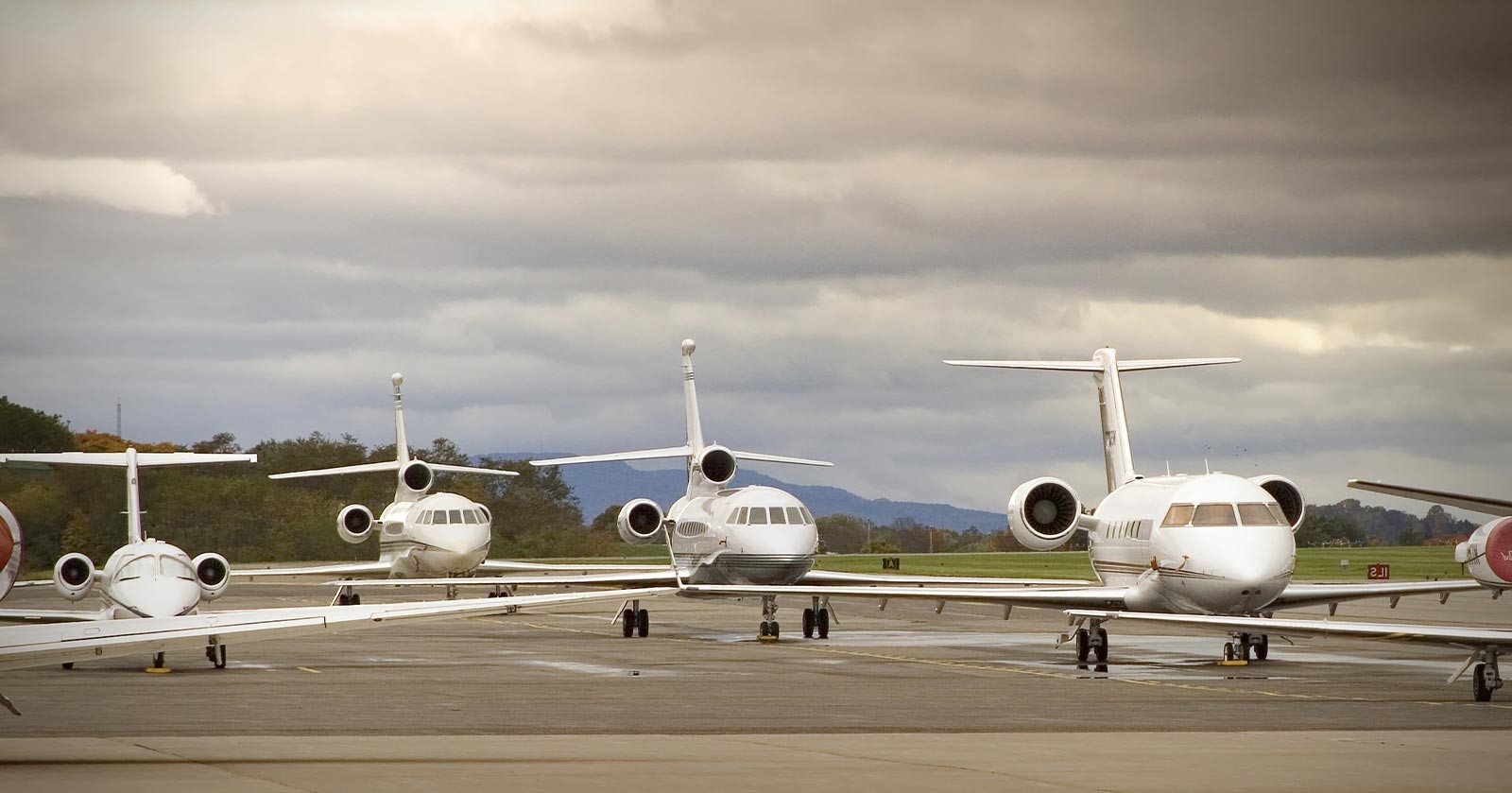
Ever wondered how airports manage the chaos of flights taking off and landing every minute? Airport slot management is the secret sauce that keeps everything running smoothly. Slots are specific time windows allocated to airlines for takeoffs and landings. Without this system, air traffic would be a nightmare. Airports use these slots to balance demand and capacity, ensuring safety and efficiency. Airlines compete fiercely for prime slots, especially at busy hubs. Understanding airport slot management can give you a new appreciation for the intricate dance of aviation logistics. Ready to learn some intriguing facts about this complex process? Buckle up!
Key Takeaways:
- Airport slot management allocates specific times for planes to land or take off, preventing congestion and delays. It's like scheduling playtime for everyone in a busy playground to avoid chaos.
- Efficient slot management leads to on-time flights, cost savings for airlines, and increased competition, offering better travel experiences for passengers. It's like making sure everyone gets a fair turn on the swing set at the park.
What is Airport Slot Management?
Airport slot management is a system used to allocate specific time slots for aircraft to land or take off at busy airports. This process ensures that air traffic flows smoothly and efficiently, preventing congestion and delays.
-
Slots are Limited Resources: Airports have a finite number of slots available each day. These slots are distributed among airlines to manage air traffic effectively.
-
Historical Precedence: Airlines that have operated at an airport for a long time often have priority in slot allocation. This is known as "grandfather rights."
-
Slot Coordination Committees: Many airports have committees that coordinate slot allocation. These committees include representatives from airlines, airport authorities, and air traffic control.
How Slots are Allocated
The allocation of slots is a complex process involving multiple stakeholders and regulations. Here's how it typically works:
-
IATA Guidelines: The International Air Transport Association (IATA) provides guidelines for slot allocation to ensure fairness and transparency.
-
Seasonal Scheduling: Slots are usually allocated twice a year, for the summer and winter seasons. Airlines submit their slot requests based on their planned schedules.
-
Use-it-or-Lose-it Rule: Airlines must use their allocated slots a certain percentage of the time, usually 80%, or risk losing them. This rule prevents slot hoarding.
Challenges in Slot Management
Managing airport slots comes with its own set of challenges. These issues can impact both airlines and passengers.
-
Congestion: High demand for slots at popular airports can lead to congestion, making it difficult for new airlines to enter the market.
-
Environmental Concerns: Increased air traffic can lead to higher carbon emissions. Slot management must balance efficiency with environmental impact.
-
Economic Factors: Slots at major airports can be extremely valuable. Airlines may buy, sell, or trade slots, leading to a secondary market.
Technological Innovations in Slot Management
Technology plays a crucial role in modernizing slot management systems. These innovations aim to improve efficiency and reduce delays.
-
Automated Systems: Many airports use automated systems to manage slot allocation, reducing human error and speeding up the process.
-
Real-Time Data: Real-time data on weather, air traffic, and runway conditions help optimize slot usage and minimize delays.
-
Blockchain Technology: Some airports are exploring blockchain technology to create a transparent and tamper-proof slot allocation system.
Impact on Airlines and Passengers
Slot management affects not just airlines but also passengers. Efficient slot management can lead to better travel experiences.
-
On-Time Performance: Proper slot management helps improve on-time performance, reducing delays and cancellations.
-
Cost Savings: Efficient use of slots can lead to cost savings for airlines, which may be passed on to passengers through lower fares.
-
Increased Competition: Fair slot allocation can increase competition among airlines, offering more choices and better services for passengers.
Regulatory Framework
Various regulations govern slot management to ensure fairness and efficiency. These rules vary by region and airport.
-
EU Slot Regulation: In Europe, slot allocation is governed by EU Regulation 95/93, which sets out rules for slot allocation and usage.
-
FAA Slot Management: In the United States, the Federal Aviation Administration (FAA) manages slots at congested airports like JFK and LaGuardia.
-
Worldwide Coordination: Airports and airlines often coordinate slot management on a global scale, especially for international flights.
Future Trends in Slot Management
The future of slot management looks promising with several trends aimed at improving efficiency and sustainability.
- Sustainable Aviation: Future slot management systems will likely focus more on sustainability, incorporating green technologies and practices to reduce environmental impact.
Final Thoughts on Airport Slot Management
Airport slot management is a complex yet fascinating aspect of aviation. Understanding slot allocation helps us appreciate how airports handle traffic, ensuring safety and efficiency. Airlines compete fiercely for these slots, impacting their schedules and routes. Regulations and international agreements play a crucial role in maintaining fairness and order.
Knowing these facts can make your next trip more interesting, as you’ll have insight into the behind-the-scenes operations. Airports and airlines work tirelessly to keep the skies safe and flights on time. Next time you’re at an airport, remember the intricate planning and coordination involved in getting you to your destination.
Airport slot management might seem like a small part of the travel experience, but it’s essential for the smooth functioning of global air travel.
Frequently Asked Questions
Was this page helpful?
Our commitment to delivering trustworthy and engaging content is at the heart of what we do. Each fact on our site is contributed by real users like you, bringing a wealth of diverse insights and information. To ensure the highest standards of accuracy and reliability, our dedicated editors meticulously review each submission. This process guarantees that the facts we share are not only fascinating but also credible. Trust in our commitment to quality and authenticity as you explore and learn with us.


